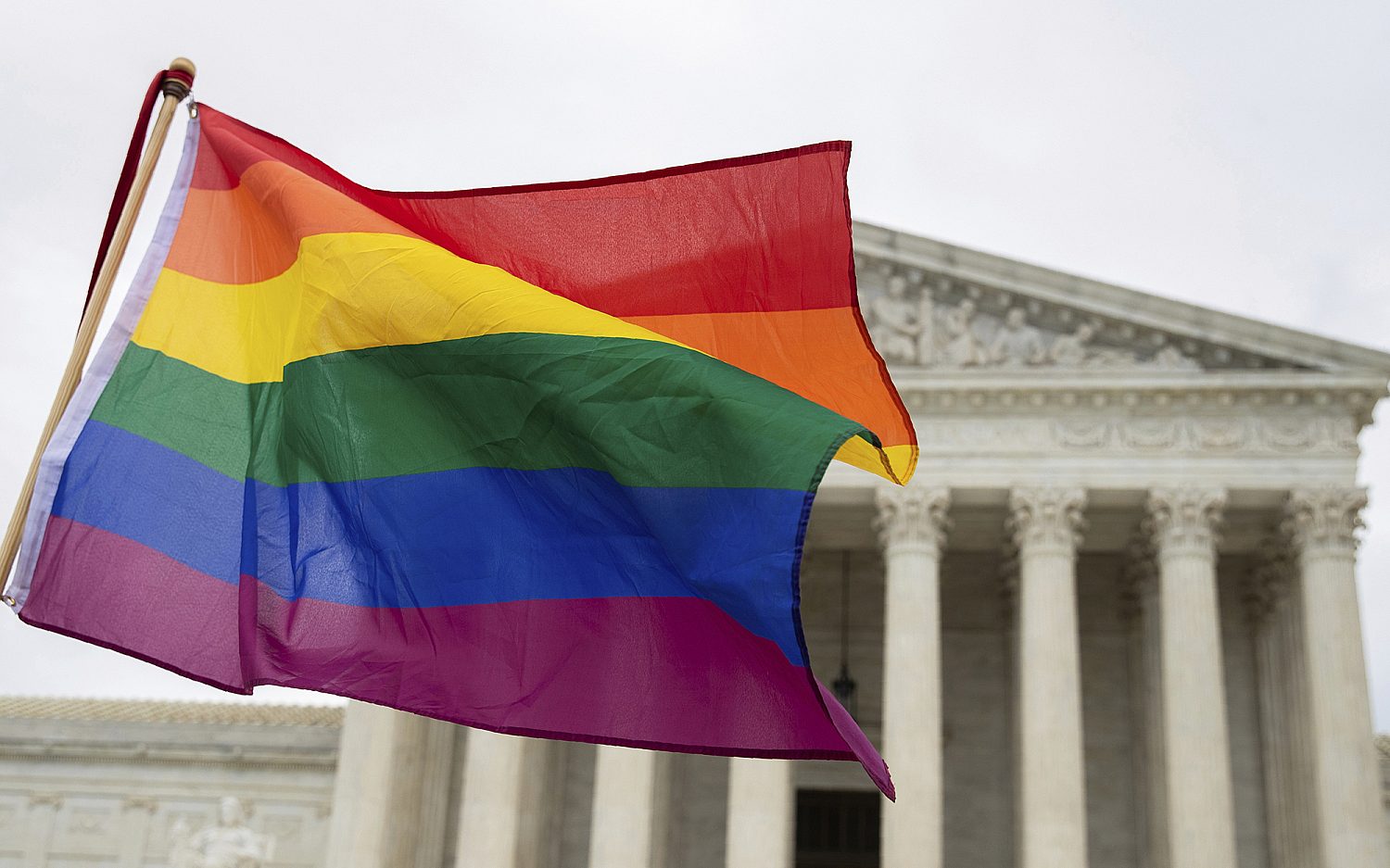Musicians sing praises of new pay-to-play bill
Rep. Mel Watt, D-N.C., presented a bill to the U.S. House of Representatives last month that would require radio stations to pay artists for songs played over the airwaves. The bill is designed to give artists a chance to compete in the marketplace, but broadcasters say it will only crush small, local radio stations.
The Free Market Royalty Act would require radio stations to pay artists and record labels performance royalties directly instead of through general licensing arrangements set up by clearinghouse organizations like the American Society of Composers (ASCAP) and Broadcast Music Inc. (BMI). Broadcasters contend that the current practice is fair since radio airplay gives artists valuable exposure to the music-buying public.
The bill would also get rid of the government as a middleman. Currently, three judges on the Copyright Royalty Board (CRB) set rates and terms for royalties and licenses. Watt’s proposal would shelve the CRB and force broadcasters to negotiate royalty rates directly with artists.
Ted Kalo, executive director of the MusicFIRST Coalition, a musicians’ advocacy group, said that without the government in the mix, broadcasters and copyright holders would come together to negotiate a common rate through SoundExchange, a non-profit agency. If artists or broadcasters think they can get a better rate, they can negotiate with each other one-on-one.
At first glance, it seems the bill might hurt small artists who can’t compete against more mainstream musicians. But Kalo said that because all music would have the same song rate, radio broadcasters would be more interested in playing songs their audience wants to hear. Since independent artists are enjoying increased exposure through internet radio, broadcasters would have an incentive to play their work to stay competitive.
Critics like the National Association of Broadcasters say the bill would essentially impose a job-killing tax on local radio stations. But Kalo said it isn’t a tax since the government wouldn’t make any money off the fee. If anything, he said, it would likely speed AM/FM radio stations’ transition to the internet, where they would enjoy a lower cost of operation.
Ultimately, Kalo sees the bill as a measure to protect artists’ rights: “This bill would end the decades-old government taking of music creators’ performance property rights.”
An actual newsletter worth subscribing to instead of just a collection of links. —Adam
Sign up to receive The Sift email newsletter each weekday morning for the latest headlines from WORLD’s breaking news team.




Please wait while we load the latest comments...
Comments
Please register, subscribe, or log in to comment on this article.